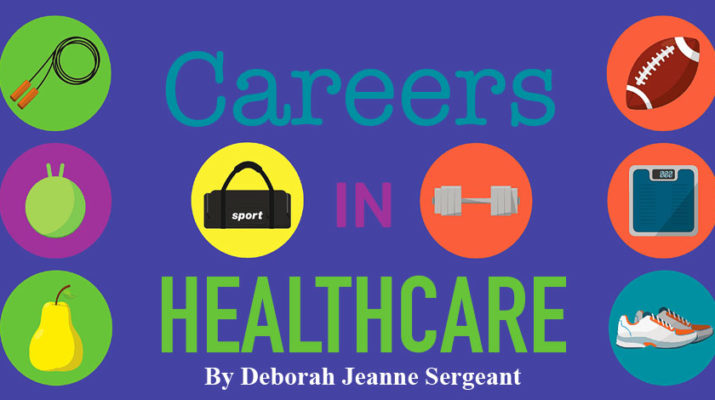The demand for workers in this field is growing over the next few years
By Deborah Jeanne Sergeant
 The speech-language pathologist does much more than train children not to lisp. The career can include people of all ages and a wide array of issues.
The speech-language pathologist does much more than train children not to lisp. The career can include people of all ages and a wide array of issues.
According to the Bureau of Labor statistics, the expected rate of growth for the career is 27% through 2028 and those in the Rochester area earn a median annual salary of $77,510.
People who want to work as a speech-language pathologist need a bachelor’s degree in speech pathology. After graduation, they can begin working in schools but must earn a master’s degree in speech pathology within five years. After that, they complete a nine-month clinical fellowship year. At that point, they are typically hired as a full-fledged staff member, but are mentored by a clinical supervisor for a while.
To maintain national licensure, speech-language pathologists must take 30 hours of continuing education units every three years. The same credits may apply to both. The American Speech Language Hearing Association is the national organization that issues licenses. Credits may be earned online or through in-person classes.
Once speech language pathologists complete the clinical fellowship year, they can then take an exam and, if they pass, receive their certificate of clinical competence as noted by Functional Speech Therapy. They can also seek board certification.
Beyond the education, a few intrinsic qualities can help someone become a speech-language pathologist.
“We tend to be very organized,” said Erin M. McCarthy, speech language pathology supervisor of acute care at Unity Hospital. “We often joke that we’re a type A personality. We’re very compassionate and empathetic, whether working with pediatrics, adult or geriatric patients. We really enjoy learning and the educational process. Speech-language pathologists are very invested in their clients, their patients and they truly want to help.”
She added that strong English and linguistic skills could be helpful. Children who start therapy early (see it here) tend to have better results than those who begin later.
The settings where they can work include preschools, elementary, middle or high schools, private practices, early intervention, hospitals, skilled nursing, home care, acute rehab settings.
“The vast number of patients and disorders we treat blows my mind,” McCarthy said.
McCarthy is board-certified specialist in swallowing and swallowing disorders. She currently works part-time at the hospital and part-time at a private practice setting seeing medically fragile pediatric patients in their homes.
She has heard from her colleagues who are in the schools that the longer they stay, the less comfortable they feel with coming into the medical setting because those patients may have ventilators, tracheostomy or problems with feeding and swallowing.
The specialization includes certified brain injury specialist.
McCarthy became interested in the field when she was in sixth grade. Her cousin received speech therapy services from experts like Care First Rehab and McCarthy’s aunt let her tag along. That early exposure made her aware of the career and she decided that was what she wanted to do when she grew up.
McCarthy enjoys the problem-solving aspects of her work and that she can help people work through a disorder or deficit.
She recommends that anyone interested in the career should shadow a speech-language pathologist (pandemic permitting) and see if this is the right path. McCarthy is currently pursuing a clinical doctorate degree through Northwestern University.
“My best days are the days I get to work with my patients,” she said. “I can do direct patient care and feel like I’m making a difference in their life.”
Janice Masterson is a speech-language pathologist for Finger Lakes Health at Geneva General Hospital.
She felt drawn to the wide number of jobs and the variety of the patient population in the speech-language pathology career.
She said that it’s a challenging educational path and not an easy graduate program to get into.
Her day includes working with doctors and nurses, performing tests and making recommendations and treatment plans.
“We see people with brain tumors, stroke, voice disorders and more,” she said.
Those working in schools make the same salaries as the teachers. But, they also work only 180 days a year and can work elsewhere during the summer break. Those working in medical settings work on a different pay scale.
“You have to have dedication for the profession,” Masterson said. “There’s constant learning every day. Every patient is different and every day is different. You’re never going to get old at it. It’s very rewarding. People are appreciative of the help you give them. We see people with memory disorders from a brain injury or tumor.”
Those trained in a medical setting stay in that setting, just as those in the educational setting stay there because of how their training prepares them.
“It’s a very rewarding career,” Masterson said. “I think what I’m most surprised about it is that people aren’t aware of it.”

